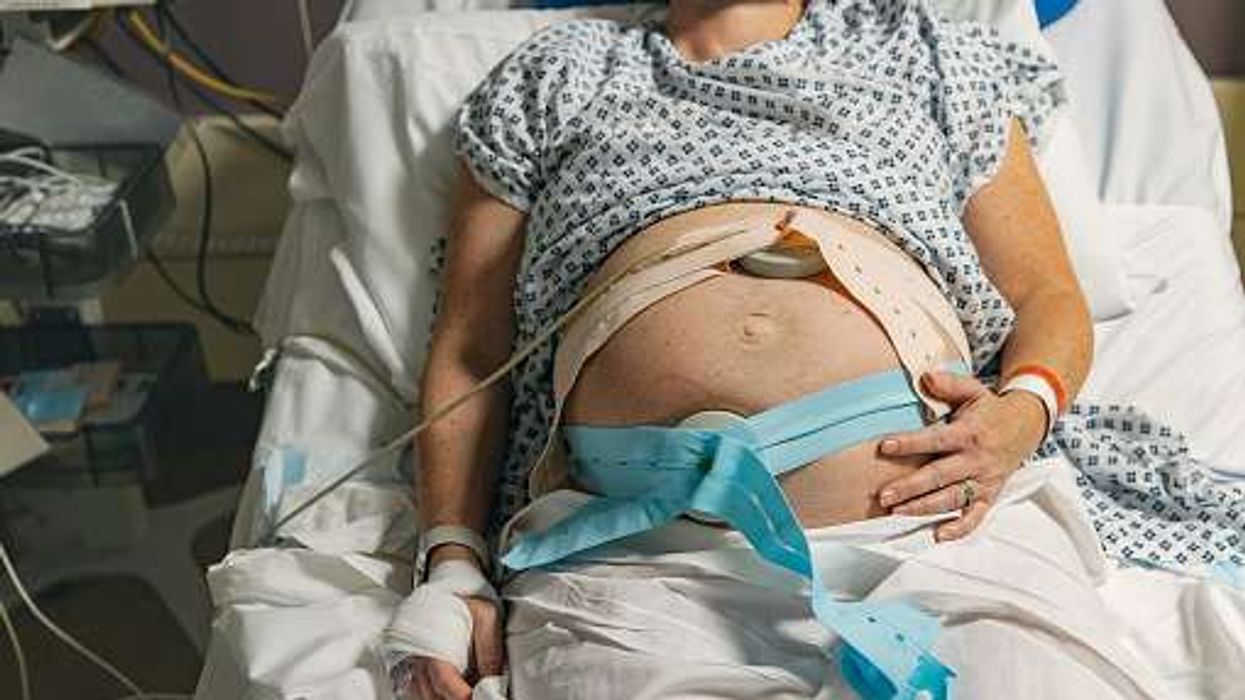Key Summary
- Severe childbirth tears (OASI) in England have risen 16%, affecting Asian women most
- Causes include understaffed maternity units, older/larger mothers, and assisted deliveries
- Injuries can lead to lasting physical and mental health problems
For mothers-to-be in England there is an increasing injury risk during delivery and Asian women are more vulnerable.
There has been an increase in the number of women suffering third- or fourth-degree perineal tear during delivery.
The causes being cited are poor NHS care, insufficient number of staff in NHS maternity units and mothers getting older and larger.
Third- and fourth-degree tears are known in the NHS as “obstetric anal sphincter injuries” (OASI) because they involve the perineum and anal sphincter or, with fourth-degree tears, the rectum too.
It occurs with the usage of forceps or a ventouse suction device to help get the baby out.
As per the data, the risk has spiked from 25 in 1,000 in June 2020 to 29 in 1,000 in June 2025.
This is a concerning 16 per cent rise of the “life-changing” risk.
The chief executive of the birth injury charity Mothers with Anal Sphincter Injuries in Childbirth, Chloe Oliver, said, “OASI injuries are more common with a prolonged second stage of labour, in first time mums, [when] a baby is back to back, a forceps delivery, if a baby has a birthweight greater than 4kg and if the mother is of Asian ethnicity.”
Unfortunately, there is an absence of a proper assessment method recommended by obstetricians, midwives and MPs to handle such medical emergencies in the hospitals.
It is a serious health issue as it can damage a woman both physically and mentally.
According to estimates, 3 per cent of all mothers in England have suffered a serious tear.
It damages the women’s anal sphincter, causes long-term pain, and incontinence.
Other difficulties caused are problems with bonding and establishing breastfeeding, psychosexual dysfunction, relationship or career breakdown, etc.
The severity of the tear can leave the new mothers with post-traumatic stress disorder, postnatal depression, secondary tokophobia, fear to conceive again.













